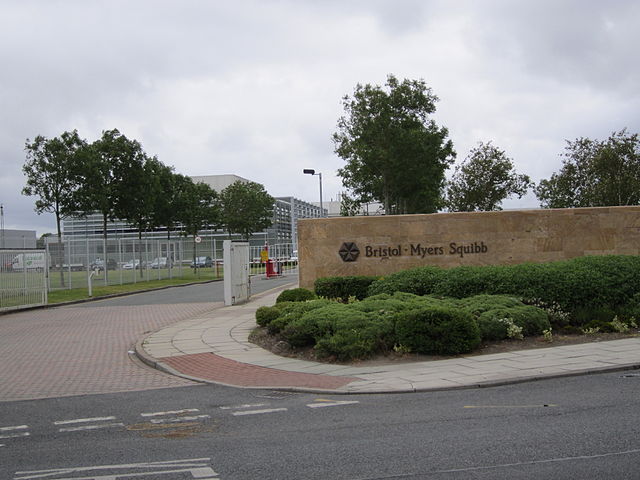Bristol-Myers Squibb's (BMS) Opdivo (nivolumab) plus radiation has failed to meet its primary endpoint of overall survival (OS) in phase 3 brain cancer trial.

Image: Bristol-Myers Squibb’s Opdivo plus radiation has failed to improve OS in phase 3 brain cancer trial. Photo: courtesy of Rept0n1x.
Subscribe to our email newsletter
The phase 3 CheckMate -498 trial assessing Opdivo plus radiation against temozolomide plus radiation in patients with newly diagnosed O6-methylguanine-DNA methyltransferase (MGMT)-unmethylated glioblastoma multiforme (GBM) did not achieve its OS at final analysis.
Glioblastoma multiforme is an aggressive type of primary malignant tumor of the central nervous system.
Opdivo is a programmed death-1 (PD-1) immune checkpoint inhibitor designed to help the body’s own immune system to restore anti-tumor immune response.
Opdivo is also being assessed in patients with newly diagnosed MGMT-methylated GBM in the Phase 3 CheckMate -548 study, in which the drug is added to the current standard of care radiation plus temozolomide.
In the CheckMate -498 trial, the patients in the experimental arm received Opdivo every two weeks concurrent with radiation after surgery and followed by maintenance with Opdivo every four weeks until disease progression or unacceptable toxicity.
The trial’s secondary endpoints included progression-free survival and OS rate at two years, in addition to the primary endpoint of OS.
According to the company, the last investigational medicine to improve survival for patients with newly diagnosed GBM was approved by the US Food and Drug Administration in 2005.
Opdivo is being assessed in a range of clinical trials across all phases, including phase 3, in a variety of tumor types.
In July 2014, Opdivo became the first PD-1 immune checkpoint inhibitor to secure regulatory approval and is presently approved in over 65 countries such as the US, the European Union, Japan and China.
Bristol-Myers Squibb oncology development head Dr Fouad Namouni said: “While we are disappointed the CheckMate -498 trial did not meet its primary endpoint, GBM is a notoriously aggressive cancer.
“We are grateful to all those who participated in this trial and remain committed to researching the potential of immunotherapy to address the important unmet medical need of patients who suffer from this devastating disease.”
 Advertise With UsAdvertise on our extensive network of industry websites and newsletters.
Advertise With UsAdvertise on our extensive network of industry websites and newsletters.
 Get the PBR newsletterSign up to our free email to get all the latest PBR
news.
Get the PBR newsletterSign up to our free email to get all the latest PBR
news.

